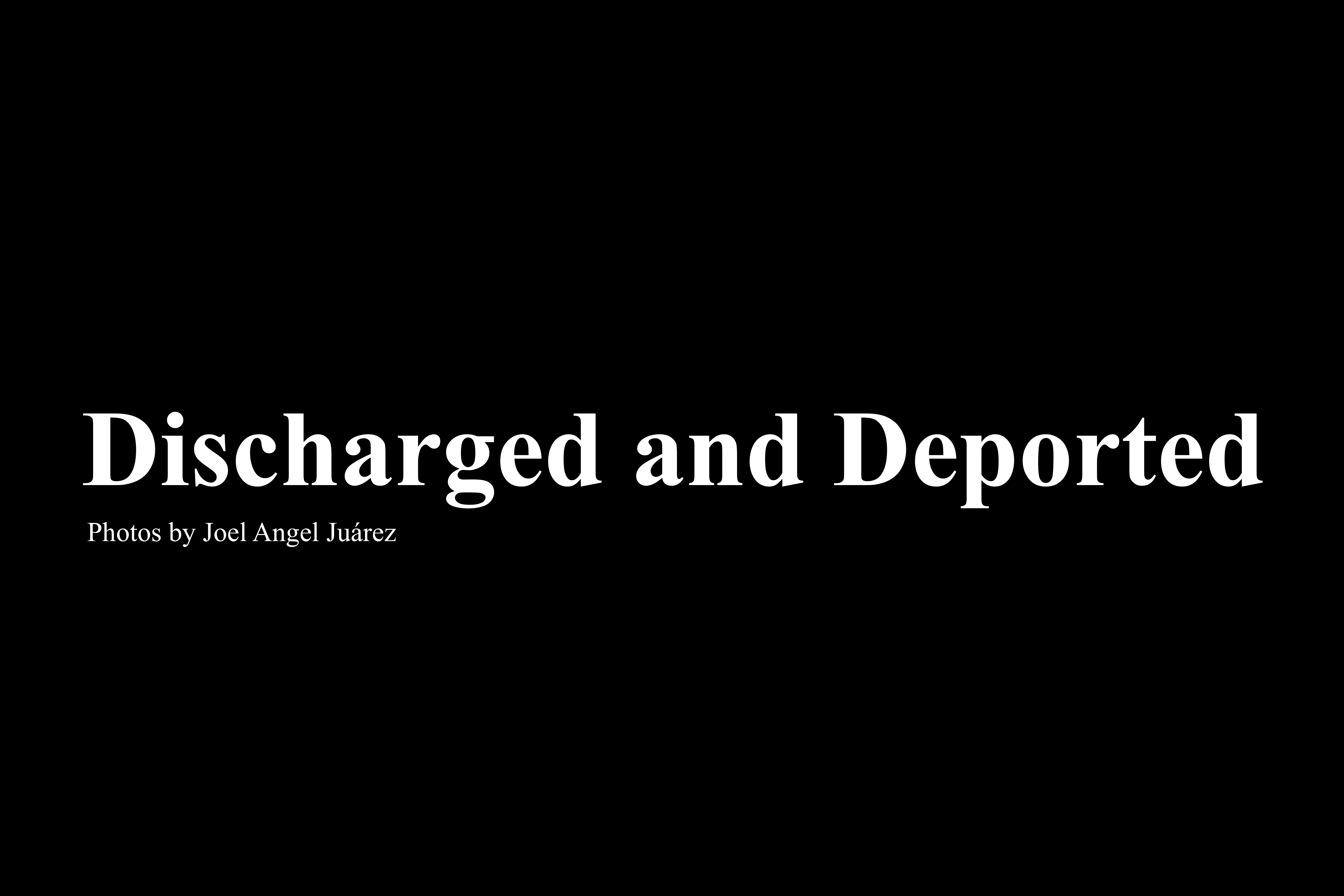
Discharged and Deported
Photos and text by Joel Angel Juárez
Discharged and then deported, United States military veterans have found themselves living south of the border in Mexico. Although serving in the military for a country they call home, they are now deported with hopes of one day returning.
There are more than 250 deported veterans in 34 countriessome of whom have served in Iraq, Afghanistan and Vietnamaccording to a report by the American Civil Liberties Union in 2016.
The Deported Veterans Support House, also known as The Bunker, was founded in 2013 by U.S. Army veteran Hector Barajas-Varela to provide support, counseling, legal aid and advocacy for legislative reform for deported U.S. veterans in Mexico and around the world.
Barajas-Varela entered the U.S. as a child and became a legal permanent resident shortly after. At age 17, he enlisted in the military and served six years in the Army in which he was part of the 82nd Airborne Division between 1996 and 1999, and in a medical unit in MOS Patient Administration between 1999 and 2001.
Shortly after his honorable discharge in 2001, Barajas-Varela was arrested and pleaded guilty to a felony conviction of firing a gun into a vehicle. Although no one was injured during the shooting, he was sentenced to three years in prison. Barajas-Varela served nearly two years behind bars and the rest on parole. After completing his sentence in 2004, he was deported to Mexico. He decided to illegally re-enter the U.S. within six months and was deported for life in 2010 after a traffic violation.
At the end of the day, these men went to prison. They didnt get a get-out-of-jail card, said Barajas-Varela. We feel that deportation is double punishment, double jeopardy.
An estimated 11,000 non-citizens currently serve in the U.S. military with an understanding that they will be naturalized during or following their service. However, those who leave the military early or are convicted of a cr

